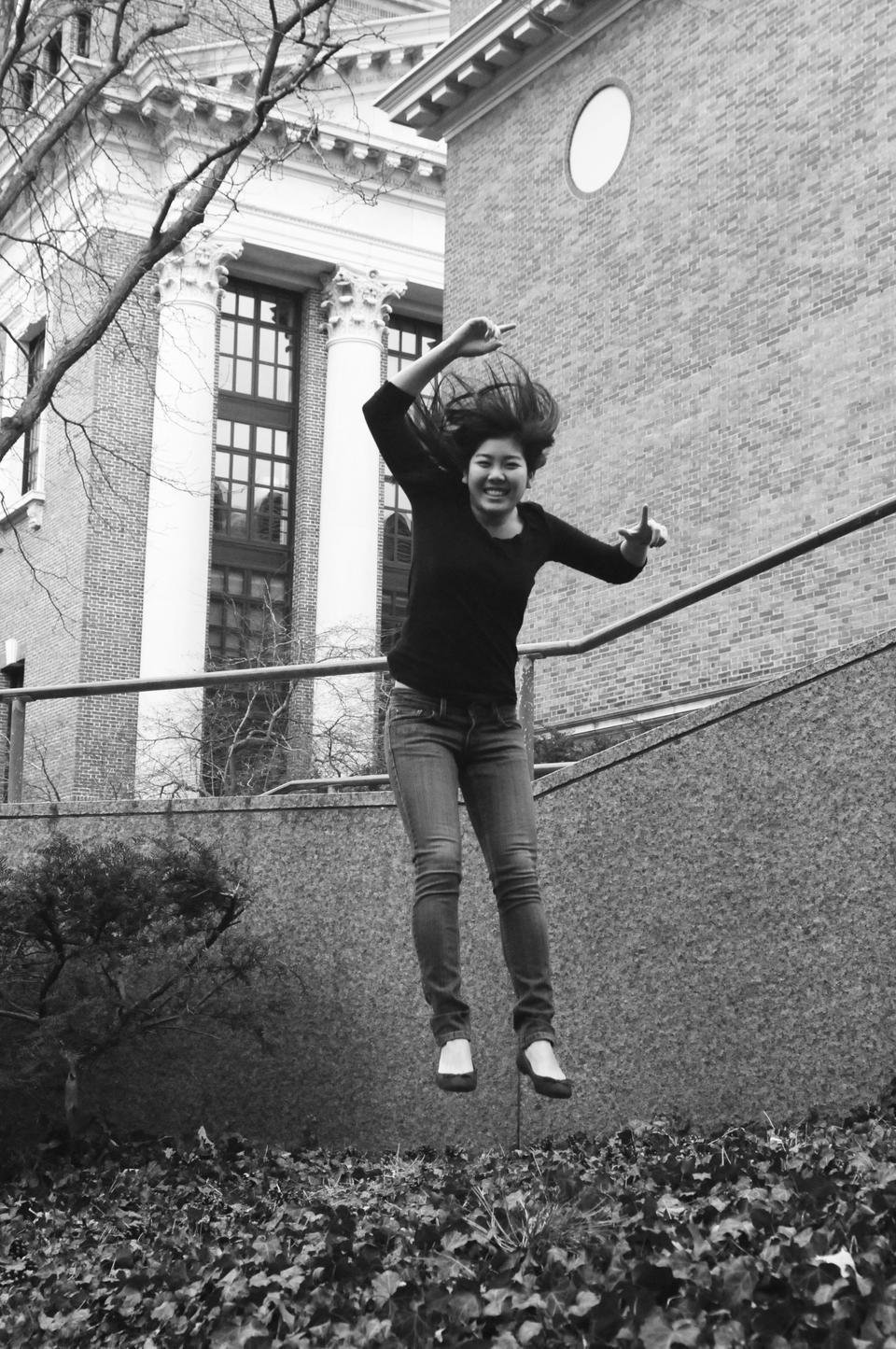
Into Sound
If all goes well, I will be graduating in May. Accordingly, it seems, I am expected to develop some sort of template to follow in the coming months, and my thoughts have started coming back to those that I shamelessly admire.
One of them, my childhood piano teacher—it feels silly to refer to a childhood, as if I have entered adulthood, as if you and I aren’t childish—is a real artist. I recognized this shortly after I started studying with her, when she described a moment during a Rubinstein concert—or maybe it was Richter—that she attended while still a conservatory student; she was sitting so far up in the nosebleeds that to hear every soft note of the piano would be a miracle. Because it was Richter (or Rubinstein), her miracle duly occurred: Closing her eyes, she could hear the notes falling like glass against grass, and the crowded wooden rows disappeared as she floated out of her seat into the clouds and among the angels. My teacher insists on the existence of angels. I take her word for it.
She was forced from her art by circumstances out of her control. Her stage fright, she claimed in a commanding voice, was impossible to master. And besides: Her hands were devastatingly small. When she was still curled up inside her mother, longitudinal interdigital necrosis failed miserably after six or seven weeks, causing a very slight case of syndactyly: excess webbing between the fingers.
What she really meant was that her fingers were too short to play a ninth comfortably. So while others leaped forward, she was held back by having to spend hours practicing stretches that only marginally widened her reach, to tackle passages that required the most creative of fingering, and to rehearse acrobatics that might successfully get her from one note to the next.
She often took the liberty of eliminating notes from the score entirely, since even the most educated ears wouldn’t have been able to tell which were missing from the crowd. Often it worked. Sometimes it didn’t. She had memorized a list of pieces she never could quite master and would relate them to me in passing. And then, brightening: “You should learn it! You could, with your hand size.”
I hated it when she said things like that—I hated her for bringing up hand size at all—because I always felt incredibly guilty, as if I were wasting a gift, letting to rot something that could have been.
Over the years, I found it increasingly strange that she pointed so often to the webbing between her fingers, mostly because I just didn’t see any. Her hands were not physically deformed. They were just small. But, for her, those things were one and the same—that her fingers couldn’t stretch any further had to be the result of some sort of mutation, some physical difference. The hours she spent begging God for a reason behind the curse amounted to silence, until finally she was made to be satisfied with science and with students who never practiced quite as much as they should.
Occasionally, I’ve been advised not to do what I love doing, because I’ll just grow to hate it. Love is an emotion better reserved for hobbies and knick-knacks, not occupations. It’s a common refrain around the Harvard campus: we assume that eventually, by taking the usual paths, we’ll grow rich and fat and stable—and then we can start to do what we really love.
But I look at my teacher’s life; I hear stories about growing up in Soviet Russia; I visit her in the mobile trailer park where she holds lessons and lives alone. I watch as she jealously regards my hands and I realize that, despite everything, she is more full of life than anyone else I know.
Maybe it’s stupid to throw caution to the wind. My mother certainly believes so; she informs me that it’s a luxury to de-prioritize job stability for the sake of potentially misguided adventure. Money, she reminds me, allows for the comforts in life that you don’t realize you desire when you’re young. Her realism plays the Doubting Thomas in my head, the voice that reminds me no, I don’t have any idea what I want to do with my life; I spend more hours commiserating with my unemployed friends than discussing my future in productive ways; and I duck my head in the sand during recruiting seasons in the hopes that I might still look recruitable without it.
It’s not that I just don’t know—it’s not that I can’t say what exactly might wake me up in the morning without the dissatisfactions of an office job routine and that corporate bullshit. It’s that to flout convention requires a kind of conviction that I’m not sure I have.
It’s in this moment that I remember my teacher telling me about Richter and/or Rubinstein, stories in which she wasn’t working, or doing much of anything at all. She was just sitting there, basking in sounds that she loved and understood so well, leaving me to suppose that that was enough for her.
— Danielle Kim ’12, a former Crimson Design Chair, is an anthropology concentrator in Quincy House. She enjoys floating to the harmonies of piano keys.


